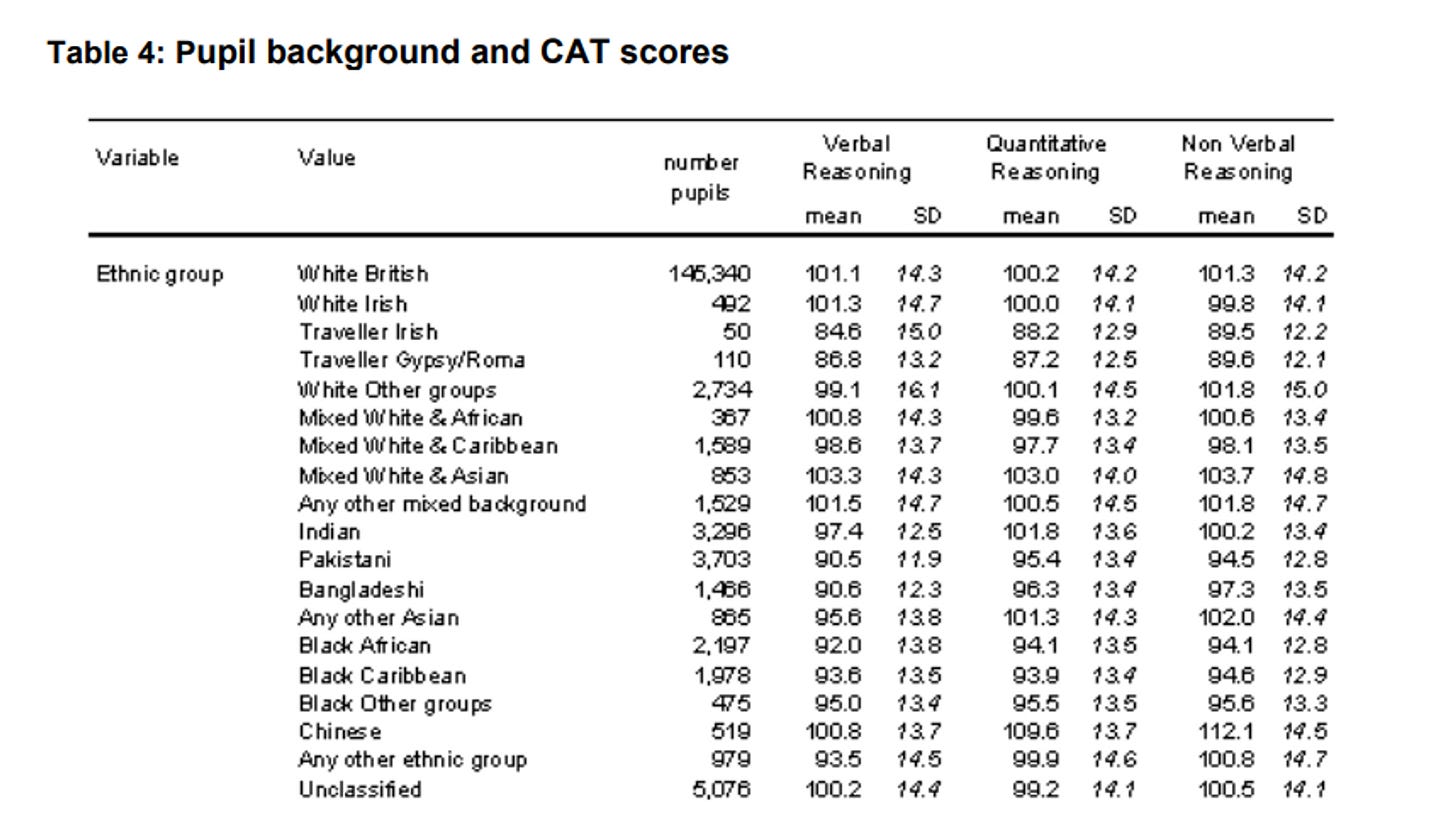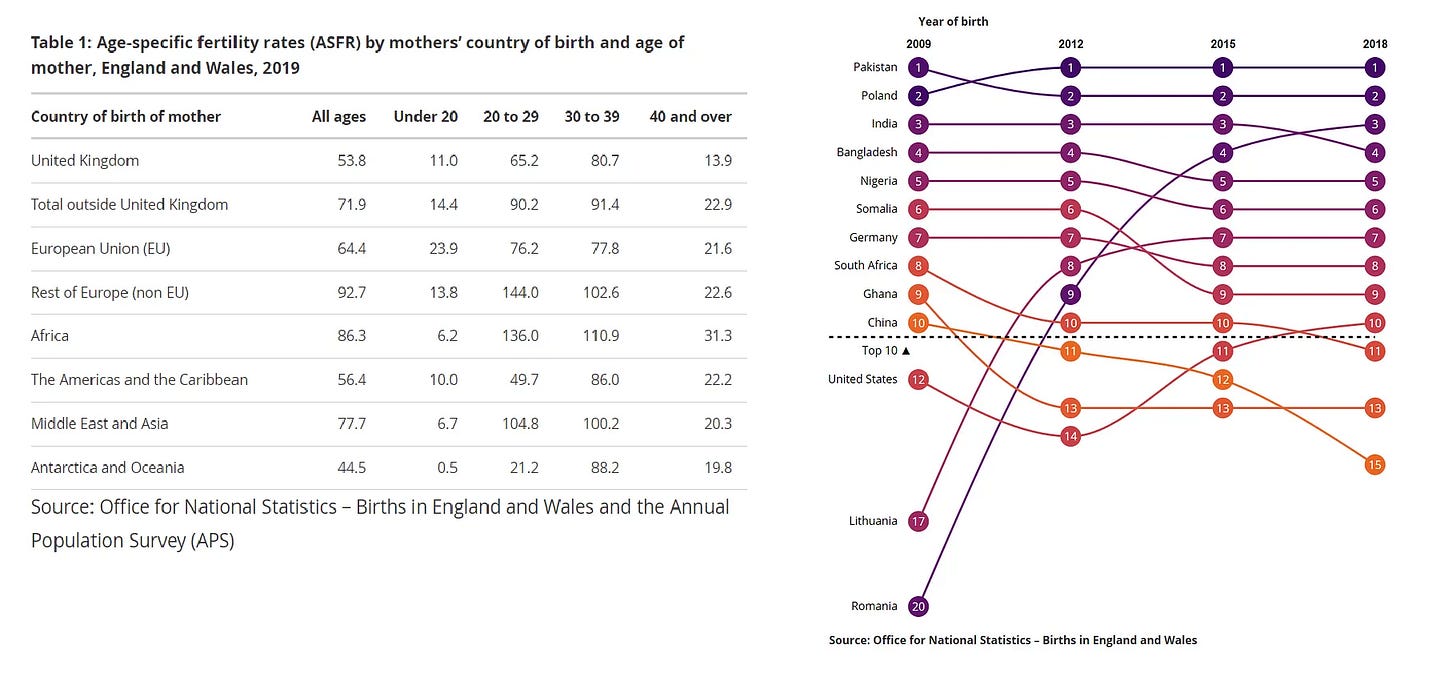Dysgenic Fertility: The Decline of Western Intelligence
The Victorian era witnessed a remarkable surge of innovation and intellectual prowess in Western Europe. This transformative period was characterised by a prolific outpouring of ground-breaking ideas, scientific discoveries, and artistic achievements, with innovation peaking around 1873. According to research from Charles Murray, 97 percent of scientific accomplishments were attributed to Western minds. However, in the subsequent years and across successive generations, there appears to have been a noticeable decline in the levels of innovation and genius witnessed during the Victorian era.
Why is this? Have the people of the West really become less intelligent?
A study from 2013 investigated this hypothesis by measuring simple visual reaction time using data from various studies conducted between 1884 and 2004. Employing psychometric meta-analysis to compute the true correlation between simple reaction time and general intelligence (g), the analysis revealed a decrement of approximately 1.16 IQ points per decade, resulting in a cumulative decline of 13.35 IQ points since the era of Victorian Britain. These findings provide evidence supporting the notion that, in terms of g, the intellectual acumen of the Victorians surpassed that of contemporary Western populations to a significant degree. This is contrary to the widely accepted Flynn effect, which indicates a diachronic global increase in IQ scores, largely attributed environmental factors such as nutrition, hygiene, and education.
So what are the factors contributing to the decline in intelligence among the British?
A study in the UK (n=409,629 of European ancestry) found that over time, polygenic scores (a measure used to summarise an individual's genetic risk for a particular trait or disease based on the combined effects of many genetic variants across the genome) that predict higher earnings, education and health also predict lower fertility.
In layman’s terms, this means our smartest are having fewer children and this trajectory may ultimately result in a diminishing average intelligence level within the population.
The authors of the study also found that certain polygenic scores related to mental illness and personality traits showed differential selection patterns among women and men. For example, polygenic scores associated with major depressive disorder (MDD), schizophrenia, and neuroticism were more selected for (or less negatively impacted) among women. On the other hand, extraversion was more selected for among men.
In 2017, a paper from Iceland provided support for these findings. In this study, the researchers devised a polygenic score termed POLYEDU, which was constructed based on the outcomes of a recent investigation that identified genetic sequence variants contributing to the fundamental genetic component associated with educational attainment. The study revealed a significant association between the POLYEDU score and delayed reproductive behaviour as well as a reduction in the overall number of offspring. Notably, the average POLYEDU score displayed a decline of approximately 0.010 standard units per decade within the Icelandic population. Furthermore, the study unveiled that the polygenic score only captures a portion of the broader underlying genetic component pertaining to educational attainment, thus suggesting that the latter may be declining at a rate that is two to three times faster.
So why are our smartest having fewer children?
The authors propose that POLYEDU, aside from its correlation with cognitive aptitude, is capturing a portion of the inclination towards long-term strategising and delayed gratification. This implies that individuals with higher POLYEDU scores might be more predisposed to postpone parenthood in order to pursue educational and professional ambitions. The authors further acknowledge that the observed negative selection is likely an instance of gene-environment interaction, indicating that the direction and magnitude of the effect could be altered within a different socioeconomic setting. Consequently, the association between POLYEDU and fertility is subject to influence from various factors and may exhibit variability across different contextual circumstances.
The consequences of dysgenic fertility in the Western populations have been examined in a study authored by Jonathan Huebner. According to his estimations, we currently stand at approximately 85% of the economic threshold of technological advancement, with projections indicating a projected attainment of 90% by 2018 and 95% by 2038. The deceleration of technological progress could potentially engender ramifications such as decreased economic growth, fewer job opportunities, and reduced standards of living. Furthermore, governmental capacities to deliver services and effectively respond to crises, as well as societal adaptability to novel challenges and opportunities, may also be adversely influenced.
So what are the causative factors contributing to this phenomenon?
In the book "Cultural Evolution: People's Motivations are Changing, and Reshaping the World", Inglehart develops a theoretical framework from over 100 countries that have undergone modernisation processes involving economic progress, technological advancements, and societal transformations. The underlying argument posits that as the population experiences enhancements in their quality of life and security, their motivations undergo a significant shift from survival-focused concerns towards the pursuit of higher-order aspirations centred on enjoyment, novelty, and sybaritic self-gratification.
We must also consider the availability of reproductive technologies and family planning methods, which has provided individuals with greater control over their reproductive choices. This, in turn, has weakened the direct link between genetic fitness and reproductive outcomes. Individuals with genetic predispositions towards intelligence may choose not to pass on these traits due to personal preferences, socioeconomic factors, or a lack of perceived necessity.
In light of the documented decline in general cognitive ability (g) within contemporary European populations, it becomes pertinent to examine the projected intellectual landscape for the future. The demography of many Western countries has undergone a significant transformation in recent years, owing to the adoption of multiracial immigration policies. This demographic shift prompts an exploration of the potential implications for intellectual dynamics in these societies.
Analysis of student performance in the United Kingdom reveals discernible disparities in cognitive ability among different ethnic groups, wherein the majority of these groups exhibit lower levels of performance when compared to the already declining White British ethnic group. However, Chinese students stand out as a notable exception, demonstrating higher levels of cognitive ability in academic settings. Predictably, ethnic groups characterised by lower performance levels also exhibit higher birth rates, leading demographers to project that native British children will constitute a minority within educational settings within the upcoming 15-year period
A potential approach to counteracting this trend would involve the implementation of pro-natal policies targeting individuals with high intellectual capabilities. However, within the present egalitarian paradigm, the mere proposition of such a pragmatic measure would likely provoke significant opposition from the Tabula Rasa clerisy. In the absence of proactive measures, the imminent risk of societal collapse looms large. Moreover, given the extent of reliance placed by other regions on Western nations, the potential ramifications of such a collapse would reverberate globally










